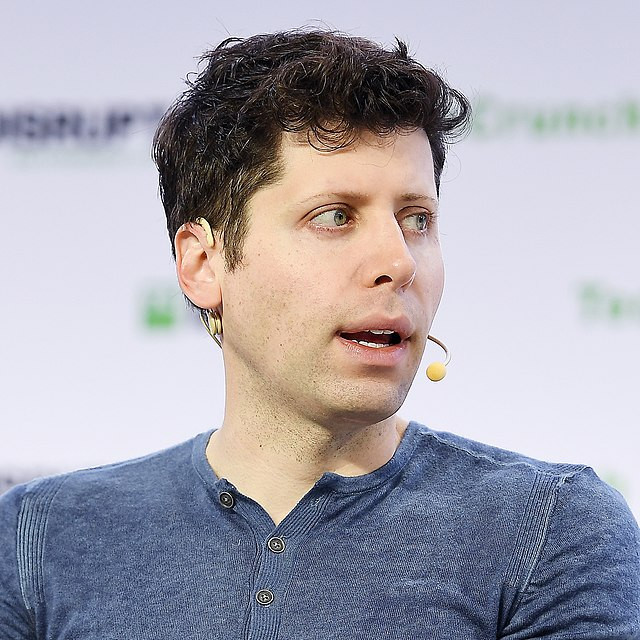OpenAI, the pioneering AI firm behind the revolutionary ChatGPT, is poised to take on tech behemoth Google by venturing into the competitive realm of web search. Sources familiar with the company's strategic moves have revealed OpenAI's ambition to develop a web search product that would rival Google's search engine, which has long dominated the internet search landscape.
This bold initiative by OpenAI could reshape the search engine market, especially as Google is said to be planning significant updates to its search engine this year. The collaboration between OpenAI and Microsoft, integrating Bing's capabilities into OpenAI's search service, marks a significant step in challenging Google's supremacy. Microsoft CEO Satya Nadella has previously highlighted generative AI's potential to disrupt Google's stronghold on web search, despite Bing's inability so far to make a substantial impact.
The integration of AI into search engines is not just a battle for market share but also a quest to redefine how users interact with the web. OpenAI's search tool, which is still under consideration whether to be integrated within ChatGPT or operate as a standalone service, aims to offer a more human-like interaction model compared to Google's traditional search results. However, the reliance on Bing for information retrieval and the current speed limitations of ChatGPT could influence user preferences towards Google's faster and more direct search capabilities.
As the AI search engine space becomes increasingly crowded, new entrants like Perplexity AI are introducing unique search experiences that diverge from Google's conventional results list format. These innovative approaches to search, providing written answers to queries, signify a shift in how information may be consumed in the future.
Google, aware of the looming competition, has been making its foray into AI with initiatives like AI Studio and the introduction of generative AI features in its search experience. Yet, the tech giant's cautious approach and the experimental nature of these features mean that upstarts like OpenAI and Perplexity have an opportunity to captivate users with their novel search experiences.
The financial viability of AI search engines remains uncertain, as evidenced by the shutdown of Neeva, an AI search engine startup founded by a former Google executive. Building a competitive search engine that can rival Google's financial success is a daunting challenge, underscoring the complexities and high stakes involved in this endeavor.
In addition to its search engine ambitions, OpenAI continues to push the boundaries of AI with the introduction of Sora, an AI model capable of generating realistic videos from text prompts. This latest innovation demonstrates OpenAI's commitment to expanding the capabilities of AI beyond text-based applications and into dynamic, real-world simulations.
As OpenAI sets its sights on disrupting the search engine market and expanding the horizons of AI technology, the landscape of web search and AI applications is set for a transformative shift. With the potential to challenge Google's two-decade-long dominance, OpenAI's ventures into AI-powered search and video generation herald a new era of technological innovation and competition.






